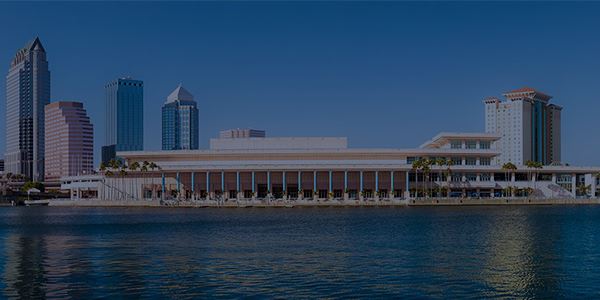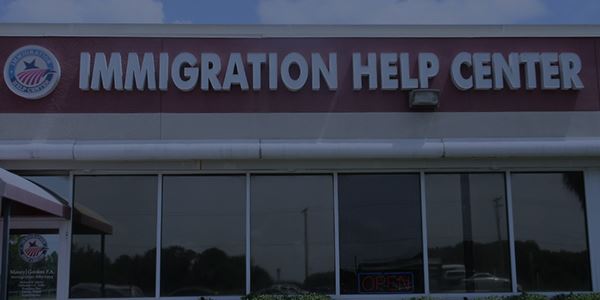To contain the spread of the novel coronavirus and reduce the risk of infection, the Centers for Disease Control and Prevention (CDC) and the World Health Organization (WHO) have recommended that the general public follow social distancing guidelines.
Individuals being detained in U.S. immigration detention centers are at an increased risk of contracting COVID-19 because they are unable to practice social distancing in crowded conditions and the virus is much more likely to spread rapidly.
Contracting the disease is, most likely, even a greater possibility considering ICE lowered mandated standards for detention centers in December 2019; some of these changes include:
Detention centers no longer must maintain health standards set forth by the National Commission on Correctional Health Care (NCCHC)
Medical care can be provided now by a “health services administrator” instead of a physician
The number of mandated toilets per detainee is lowered from previous mandates
Since the pandemic began, ICE has been criticized for not taking greater safety measures to prevent the spread of the virus.
In April, a U.S. District Judge Jesus Bernal of California ordered U.S. Immigration and Customs Enforcement (ICE) to “identify and track” which detainees were at an elevated risk of complications related to COVID-19 and to consider releasing these individuals, regardless of their legal status. Individuals are considered at an increased risk of coronavirus if they are:
Pregnant
Older than 55 years old
Have chronic health conditions or weakened immune systems
This came after ICE confirmed 220 positive cases of COVID-19 among detainees and another 30 cases among employees working the facilities.
In the opinion of the federal judge, ICE has “likely exhibited callous indifference to the safety and wellbeing of [detained immigrants at risk.] The evidence suggests systemwide inaction that goes beyond a mere 'difference of medical opinion or negligence.”
Last month, U.S. District Judge Marcia Cooke of Florida ordered ICE to begin releasing detainees that were being held in three facilities within the state, stating that the crowded conditions were a “cruel and unusual punishment” and violated the detainees’ constitutional rights.
Contact Our Experienced Immigration Attorneys
If you have any concerns regarding your loved one’s health in a detention center, please don’t hesitate to reach out to our firm. At Maney Gordon Zeller, we recognize that these are incredibly difficult and stressful times for you and your family. We are here to listen to your concerns, answer your questions, and come up with an effective legal solution for your situation.
Contact Maney Gordon Zeller at (800) 708-4399 to learn more about your legal options.







